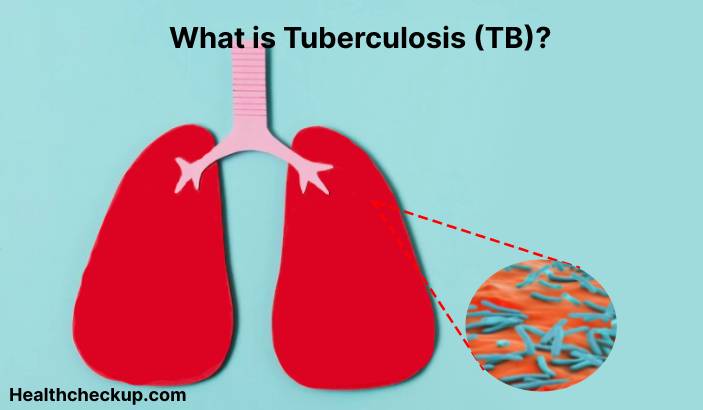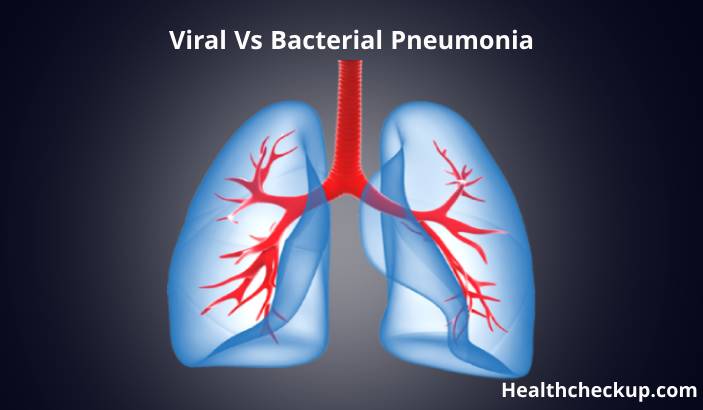Tuberculosis (TB) is a bacterial infection that primarily affects the lungs. TB is spread through the air when an infected person talks, coughs, or sneezes, and it can be transmitted to others who are in close contact with the infected person. TB is most commonly found in developing countries, but it can occur anywhere in the world.
Symptoms of TB may include:
- Cough that lasts for 3 weeks or longer
- Chest pain
- Shortness of breath
- Fever
- Fatigue
- Night sweats
- Unexpected weight loss
TB can lead to serious complications, such as meningitis, pneumonia, and damage to the lungs and other organs. TB is fatal in about 5-10% of cases.
Diagnosis of TB is typically based on the presence of symptoms and a history of exposure to TB. It may also involve laboratory tests, such as a chest X-ray and a skin test or TB blood test to confirm the presence of the bacterium that causes TB.
Treatment of TB typically involves a combination of antibiotics to kill the bacterium and to prevent the development of drug-resistant TB. It is important to complete the full course of treatment as prescribed to ensure that the infection is fully eradicated. Treatment may last several months, and it may involve hospitalization in severe cases.
TB can be prevented through the use of TB vaccines and through the implementation of infection control measures, such as wearing masks and isolating infected individuals. If you are experiencing symptoms of TB or have been exposed to TB, it is important to seek medical attention as soon as possible. Follow the recommendations of your healthcare provider and public health officials to help protect yourself and others from TB.









